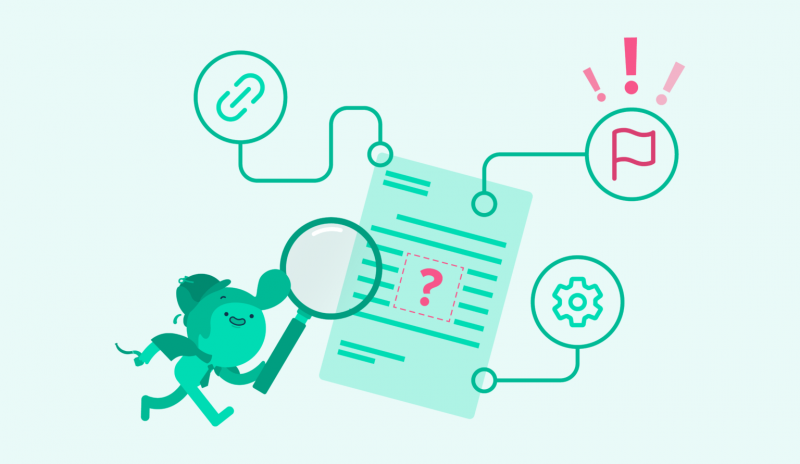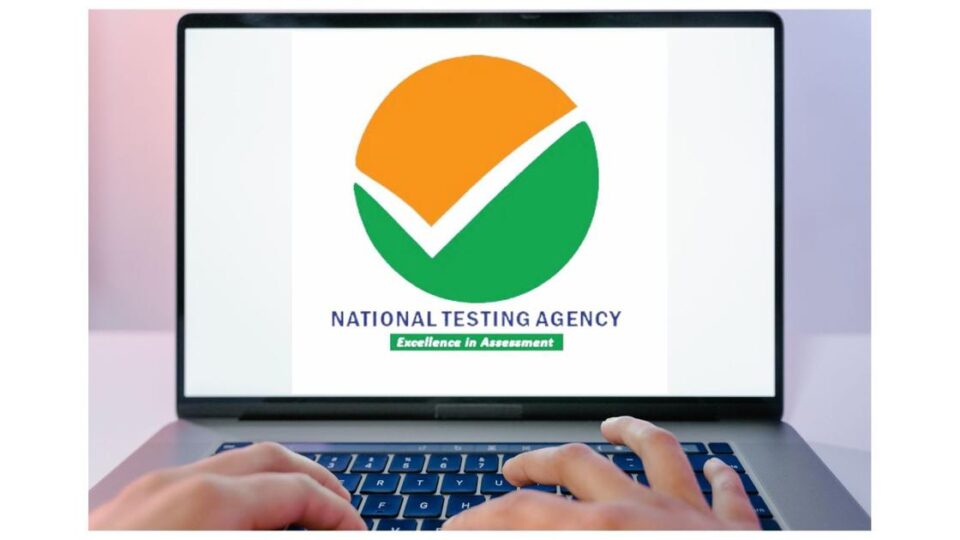
Study Strategies and Time Management for Civil Services Exam
Preparing for the Civil Services Exam is a challenging task that requires diligent effort, effective study strategies, and efficient time management. With its vast syllabus and competitive nature, it is crucial for aspirants to adopt smart study techniques to maximize their chances of success. Here are some proven strategies to help civil services exam candidates optimize their study time, enhance retention, and improve overall performance. By implementing these strategies, aspirants can enhance their preparation and increase their chances of achieving their career goals.
1. Set Clear Goals and Plan Strategically

One of the first steps towards effective exam preparation is setting clear goals and planning strategically. Begin by understanding the syllabus and exam pattern thoroughly. Break down the syllabus into manageable sections and create a study schedule that allocates time for each topic. Make realistic targets and set deadlines for completing each section, ensuring a balanced distribution of subjects and issues. If you cannot do these yourself join any IAS academy to get such strategies as well study environment.
2. Prioritize and Focus on Key Areas

Identify the key areas of the syllabus that carry more weight or that you find challenging. Allocate more time and effort to these areas while ensuring you cover the entire syllabus. Focus on understanding the core concepts and develop a strong foundation in each subject. Regularly revise the essential topics to reinforce your understanding and improve retention. Along with your general studies, optional subjects should be taken care of. Choose such optional that is performing well in UPSC currently such as Sociology, PSIR, History, etc. You can get best sociology optional coaching in various institutes, and enquire about them in detail.
3. Utilize Effective Study Techniques

Implementing effective study techniques can significantly enhance your learning and retention capabilities. Some proven techniques include:
– Active learning: Engage in activities that require active participation, such as solving practice questions, group discussions, and teaching concepts to others. This helps reinforce your understanding and memory recall.
– Mind mapping: Use visual aids like mind maps, diagrams, and flowcharts to organize and connect information. This technique aids in comprehension and makes complex topics easier to grasp.
– Spaced repetition: Regularly revise previously learned material at spaced intervals. This technique strengthens memory retention and helps in long-term information recall.
– Practice with mock tests: Take regular mock tests to simulate the exam environment and assess your progress. Analyze your performance, identify weak areas, and work on improving them.
4. Efficient Time Management

Time management plays a vital role in civil services exam preparation. Create a realistic timetable that allocates sufficient time for study, revision, practice, and breaks. Avoid procrastination and adhere to the schedule strictly. Break your study sessions into manageable chunks, focusing on high-priority tasks first. Additionally, eliminate distractions like social media and create a conducive study environment.
5. Stay Motivated and Maintain a Healthy Routine

Preparing for the Civil Services Exam is a long journey, and staying motivated throughout is essential. Set a few small milestones and enjoy the feeling of getting rewards when you achieve them. You will need motivation and guidance during your journey. So, surround yourself with a supportive study group or a motivating mentor. Take regular breaks, indulge in hobbies, exercise, and maintain a healthy lifestyle to ensure optimal focus and productivity.
Conclusion
Effective study strategies and efficient time management are indispensable for civil services exam preparation. By setting clear goals, prioritizing key areas, utilizing effective study techniques, and managing time wisely, aspirants can enhance their preparation and boost their chances of success. Remember, consistency, dedication, and perseverance are the keys to achieving your goals. Embrace these strategies, stay motivated, and believe in your abilities. Best of luck on your journey toward a successful career in civil services!



